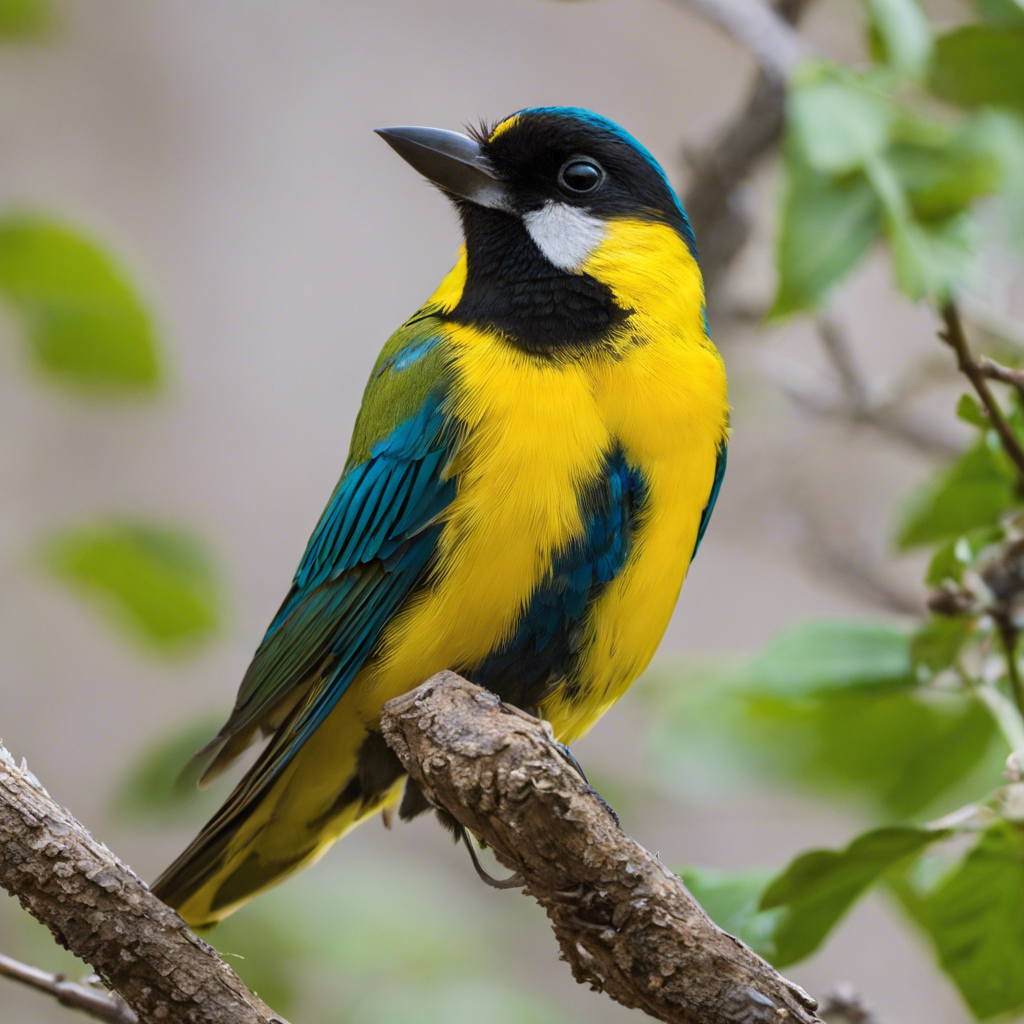Birds are fascinating creatures, and understanding their behavior can provide insightful clues about their health and well-being. By observing their mannerisms, we can often determine if a bird is in good condition or if something might be amiss. So, what are some indicators of good health in our feathered friends?
One of the most telling signs of a bird’s health is its overall appearance. A healthy bird will typically have bright, clear eyes; smooth, sleek feathers; and a robust, energetic posture. Their feathers should look well-maintained and clean, and they should not be missing patches of feathers, which could indicate feather plucking due to stress or illness. Additionally, pay attention to their breathing; a healthy bird should have a steady, quiet breath without any rasping or labored sounds.
The bird’s level of activity and behavior is another good indicator of health. Happy, healthy birds are generally quite active and curious, exploring their surroundings and interacting with their environment. They should be alert and responsive, showing interest in things around them. A healthy bird might also preen its feathers regularly—this is a natural behavior where birds clean and organize their feathers with their beaks, helping to keep them in top condition.
Diet and feeding habits also play a crucial role in a bird’s health. A strong appetite and a preference for a varied diet are good signs. Birds should eat a balanced mix of seeds, grains, fruits, and vegetables, depending on their species. Keep an eye out for any changes in their eating habits, as a sudden loss of appetite or difficulty eating could signal illness.
Another important indicator is a bird’s droppings. Yes, you read that right! Healthy droppings will vary depending on the bird’s diet, but they should generally be firm and well-formed. Any changes, such as diarrhea or unusual colors, could indicate digestive issues or other health problems.
Vocalizations are also an essential form of communication for birds. A healthy bird will typically have a strong, clear voice and a varied range of calls. If you notice a bird has become unusually quiet or its calls have changed in pitch or volume, it could be a sign of illness or respiratory issues.
Finally, social behavior is key. Most birds are social creatures, and their interactions with other birds or humans can tell us a lot. A bird that is usually friendly and interactive but becomes withdrawn may be trying to tell you something. Similarly, aggression towards other birds or people can indicate discomfort or illness.
In summary, by observing a bird’s appearance, activity levels, diet, vocalizations, and social behavior, we can gain valuable insights into their health. Keeping an eye out for these indicators can help ensure our feathered companions stay happy and healthy and allow us to provide the best care possible. So, the next time you watch birds, whether in your backyard or in the wild, see if you can spot some of these positive health signs!
(WordPress users: To create paragraphs, simply copy and paste the text into the WordPress text editor, and it will automatically format the paragraphs for you. You can also apply your desired styling, such as headings or italics, using the WordPress formatting tools.)

